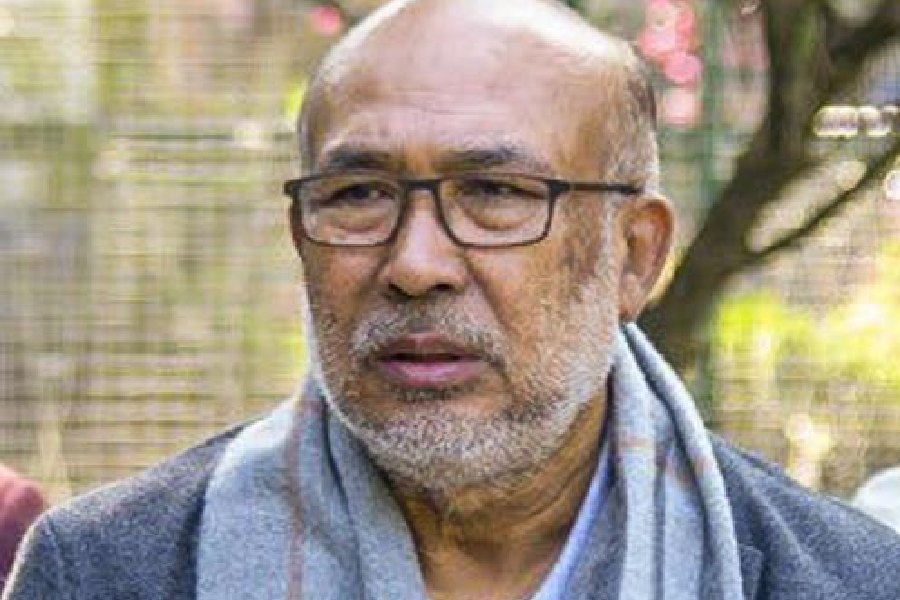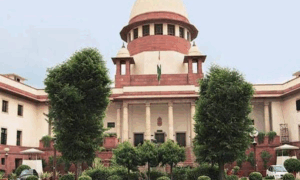
File Image
Former Manipur chief minister N Biren Singh has claimed that the conflict in the state was a result of multiple challenges including drugs, illegal immigration and the destruction of forests.
In a post on X, Singh also took a swipe at Meghalaya Chief Minister Conrad Sangma, asking him if he was aware of the alarming rise in the number of illegal villages in the state.
The late Shri P.A. Sangma once advocated for dividing the Northeast into smaller states along ethnic lines, a dangerous idea that threatened the unity of our Nation. Today, we are seeing similar attempts to interfere in Manipur’s internal affairs to destabilise the state.… pic.twitter.com/NMX6zhVrbe
— N. Biren Singh (@NBirenSingh) March 31, 2025
More than 250 people have been killed and thousands rendered homeless in Manipur in ethnic violence between Meiteis and Kuki-Zo groups since May 2023.
Amid rumblings within the state BJP seeking a change of leadership in strife-torn Manipur, N Biren Singh resigned as chief minister on February 9 and he quit hours after meeting Union Home Minister Amit Shah.
The Centre had imposed President’s rule in the state on February 13 after N Biren Singh resigned as chief minister.
“The present crisis is not political at its core and stems from a complex mix of challenges including the drug menace, illegal immigration, destruction of forests, and the systematic pursuit of power by select groups,” Singh said.
Claiming that late P A Sangma once advocated for dividing the Northeast into smaller states along ethnic lines, a dangerous idea that threatened the unity of our nation, he said, “Today we are seeing similar attempts to interfere in Manipur’s internal affairs to destabilise the state.” “It must be noted that when Manipur was facing these serious challenges, others refrained from interfering in our internal affairs. The same courtesy was expected, yet some chose a different path, one driven by narrow interests rather than genuine concern,” he claimed.
“Today, various groups across the Northeast are beginning to recognise the seriousness of FMR, ILP and border security. Manipur’s experiences should serve as a lesson, not a platform for political posturing,” he said. Manipur is home to 32 indigenous tribes whose identities, cultures, and ways of life deserve protection, he said
[the_ad id=”55722″]


















